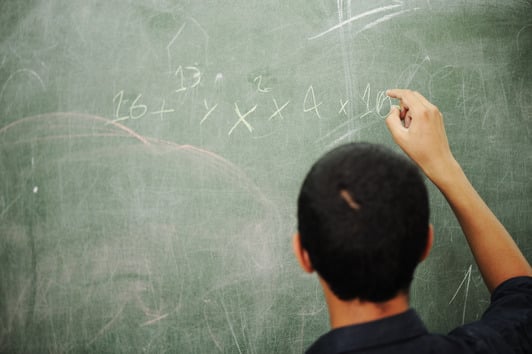 First grade is a period of awakening. In previous years, your child relied on like letter recognition and phonological awareness to blend and sound out words. However, around the first grade, the focus shifts towards comprehension and more complex words.
First grade is a period of awakening. In previous years, your child relied on like letter recognition and phonological awareness to blend and sound out words. However, around the first grade, the focus shifts towards comprehension and more complex words.
While many children make great advancements during this period, not every child advances at the same rate. Discover some cues that can help you determine whether your child is progressing at first grade standards.
Can Your Child Retell the Story?
Always ask your child to tell you about the passage or book they’ve just read. A good indication that your child is on track with their comprehension skills is their ability to regurgitate essential aspects of the story. While it’s not necessary for your child to remember every part of the story, they should be able to give you a few of the character’s names, recall important events that took place and give you details about the overall plot of the story.
If your child can’t remember the information, they may not have made the transition to reading for meaning.
Does Your Child Reads with Consistency?
Your first-grade reader should read with an appropriate level of fluency and do so consistently. When it comes to fluency; however, make sure you understand that this word is a reference to accuracy, not speed. Your child will likely not be a fast reader by this age, but they should be able to read grade-level books easily and without much error.
However, even if your child is making an occasional error, they should be able to self-correct. If your child is making the same mistakes frequently, the errors are an indication of a missed skill.
Does Your Child Understands Letter Grouping?
A good sign that your first-grader is on track is that he or she understands the basic concept of letter grouping. Letter grouping is the ability to look at words with similar letter patterns and automatically be able to sound out the word.
Some letter grouping examples include words with letter combinations like “oat” and “ook.” If your child is still struggling with this skill, it’s a good indication that they are still approaching words from the aspect of individual sounds and have not truly mastered the skill of blending sounds.
Can Your Child Answers Higher Order Thinking Questions?
Your child should be able to discuss what they’ve read beyond merely retelling the story. Higher order thinking questions require your child to rely on their cognitive abilities to tell you about the passage beyond the words. For example, your child should be able to explain why a character may have reacted in a certain way and discuss how they think the story progressed even after the book ended.
When asking these questions, do so in a conversational manner; you don’t want to influence their answer. If your child is struggling with these questions, try not to wait until the end of the story. Ask your child these questions as they read.
Reading is a critically important skill. If your child falls behind, it’s critical you provide them with the extra help they need to get back on track. Monitor your child’s progress and take action as soon as you notice a concern.





